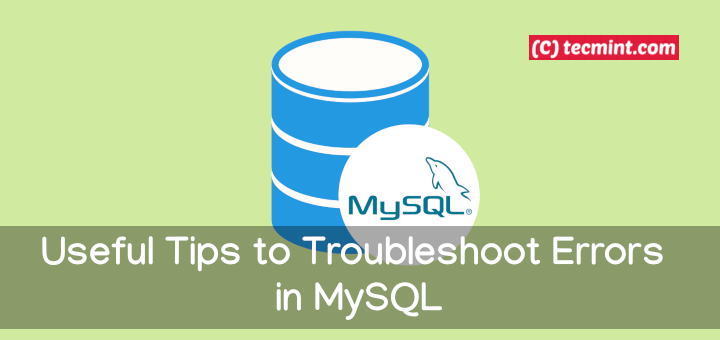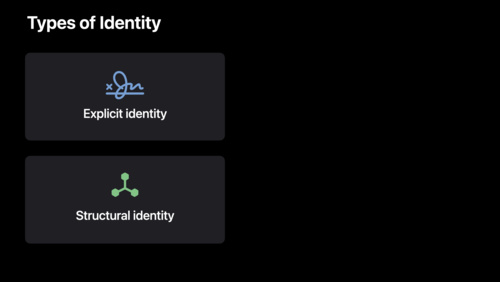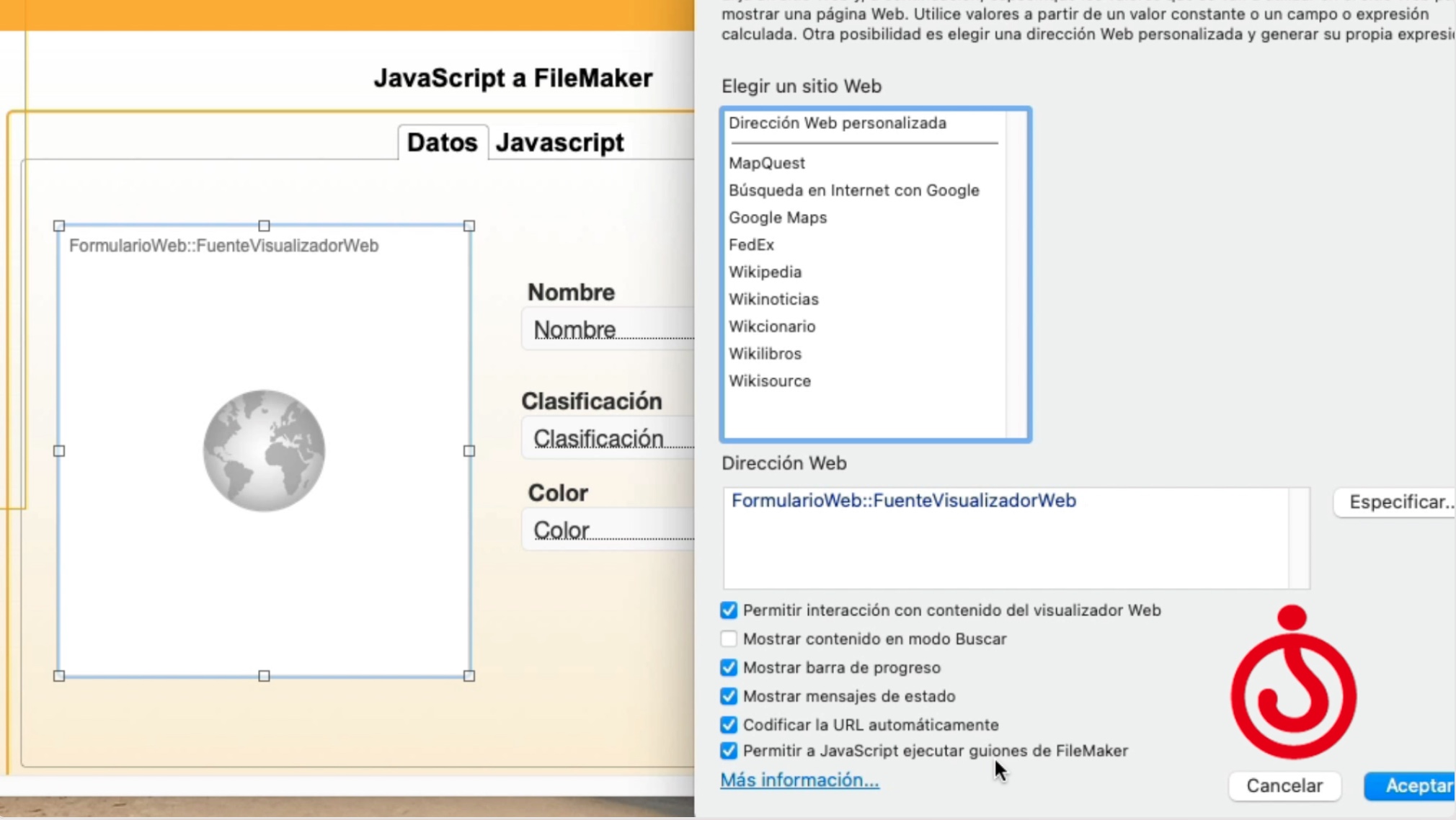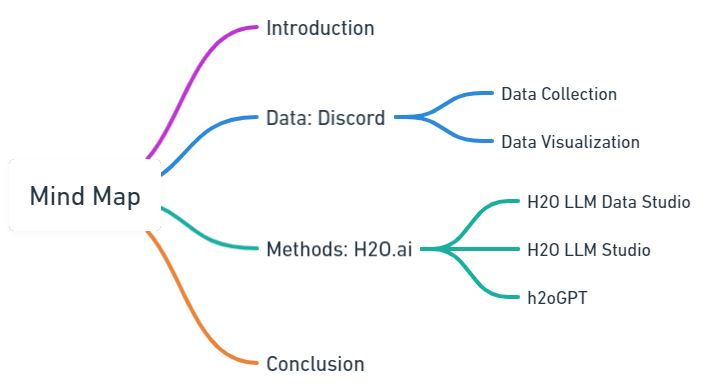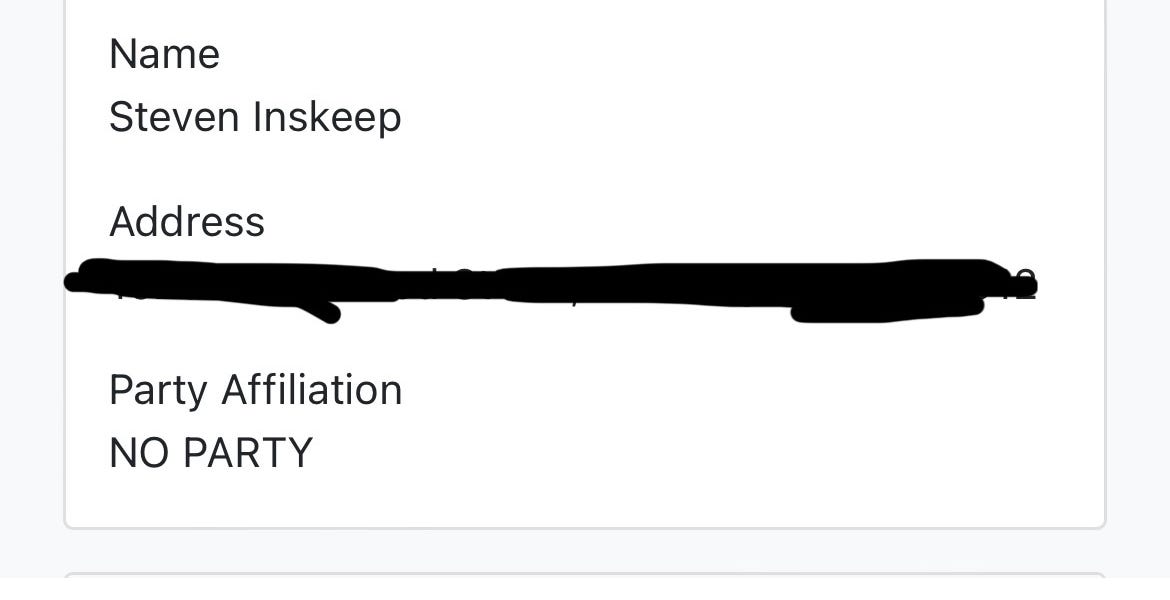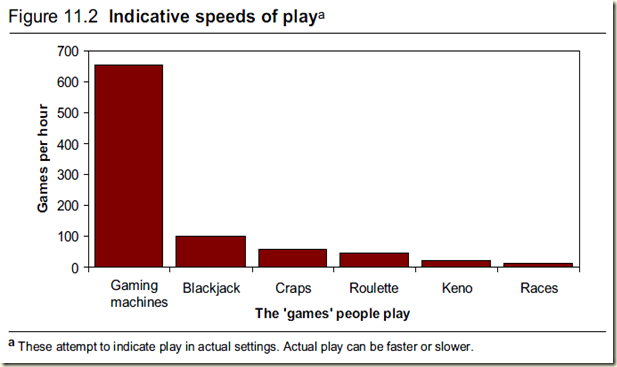Kubebuilder and Operator-SDK Tips and Tricks
Recently, I've been spending a lot of time writing a Kubernetes operator using the go operator-sdk, which is built on top of the Kubebuilder framework. This is a list of a few tips and tricks that I've compiled over the past few months working with these frameworks.
Kubebuilder, like much of the k8s ecosystem, utilizes zap for logging. Out of the box, the Kubebuilder zap configuration outputs a timestamp for each log, which gets formatted using scientific notation. This makes it difficult for me to read the time of an event just by glancing at it. Personally, I prefer ISO 8601, so let's change it!
In your scaffolding's main.go, you can configure your current logger format by modifying the zap.Options struct and calling ctrl.SetLogger.
In this case, I added the zapcore.ISO8601TimeEncoder, which encodes timestamps to human-readable ISO 8601-formatted strings. It took a bit of digging, along with a bit of help from the Kubernetes Slack org, to figure this one out. But it's been a huge quality-of-life improvement when debugging complex reconcile loops, especially in a multithreaded environment.
Speaking of multithreaded environments, by default, an operator will only run a single reconcile loop per-controller. However, in practice, especially when running a globally-scoped controller, it's useful to run multiple concurrent reconcile loops to simultaneously handle many resource changes at once. Luckily, the Operator SDK makes this incredibly easy with the MaxConcurrentReconciles setting. We can set this up in a new controller's SetupWithManager func:




